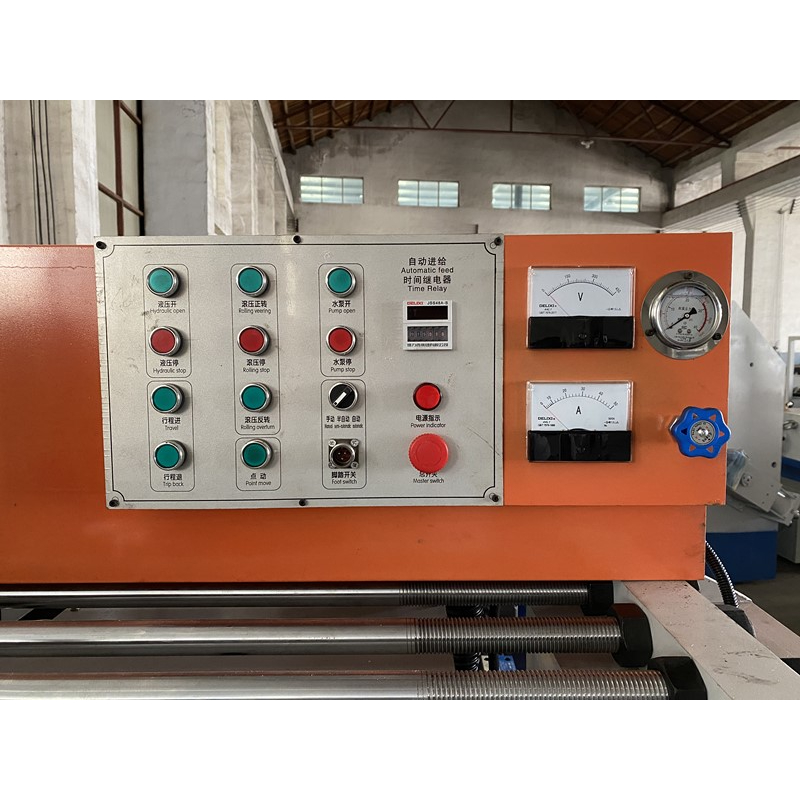
-
 Afrikaans
Afrikaans -
 Albanian
Albanian -
 Amharic
Amharic -
 Arabic
Arabic -
 Armenian
Armenian -
 Azerbaijani
Azerbaijani -
 Basque
Basque -
 Belarusian
Belarusian -
 Bengali
Bengali -
 Bosnian
Bosnian -
 Bulgarian
Bulgarian -
 Catalan
Catalan -
 Cebuano
Cebuano -
 Corsican
Corsican -
 Croatian
Croatian -
 Czech
Czech -
 Danish
Danish -
 Dutch
Dutch -
 English
English -
 Esperanto
Esperanto -
 Estonian
Estonian -
 Finnish
Finnish -
 French
French -
 Frisian
Frisian -
 Galician
Galician -
 Georgian
Georgian -
 German
German -
 Greek
Greek -
 Gujarati
Gujarati -
 Haitian Creole
Haitian Creole -
 hausa
hausa -
 hawaiian
hawaiian -
 Hebrew
Hebrew -
 Hindi
Hindi -
 Miao
Miao -
 Hungarian
Hungarian -
 Icelandic
Icelandic -
 igbo
igbo -
 Indonesian
Indonesian -
 irish
irish -
 Italian
Italian -
 Japanese
Japanese -
 Javanese
Javanese -
 Kannada
Kannada -
 kazakh
kazakh -
 Khmer
Khmer -
 Rwandese
Rwandese -
 Korean
Korean -
 Kurdish
Kurdish -
 Kyrgyz
Kyrgyz -
 Lao
Lao -
 Latin
Latin -
 Latvian
Latvian -
 Lithuanian
Lithuanian -
 Luxembourgish
Luxembourgish -
 Macedonian
Macedonian -
 Malgashi
Malgashi -
 Malay
Malay -
 Malayalam
Malayalam -
 Maltese
Maltese -
 Maori
Maori -
 Marathi
Marathi -
 Mongolian
Mongolian -
 Myanmar
Myanmar -
 Nepali
Nepali -
 Norwegian
Norwegian -
 Norwegian
Norwegian -
 Occitan
Occitan -
 Pashto
Pashto -
 Persian
Persian -
 Polish
Polish -
 Portuguese
Portuguese -
 Punjabi
Punjabi -
 Romanian
Romanian -
 Russian
Russian -
 Samoan
Samoan -
 Scottish Gaelic
Scottish Gaelic -
 Serbian
Serbian -
 Sesotho
Sesotho -
 Shona
Shona -
 Sindhi
Sindhi -
 Sinhala
Sinhala -
 Slovak
Slovak -
 Slovenian
Slovenian -
 Somali
Somali -
 Spanish
Spanish -
 Sundanese
Sundanese -
 Swahili
Swahili -
 Swedish
Swedish -
 Tagalog
Tagalog -
 Tajik
Tajik -
 Tamil
Tamil -
 Tatar
Tatar -
 Telugu
Telugu -
 Thai
Thai -
 Turkish
Turkish -
 Turkmen
Turkmen -
 Ukrainian
Ukrainian -
 Urdu
Urdu -
 Uighur
Uighur -
 Uzbek
Uzbek -
 Vietnamese
Vietnamese -
 Welsh
Welsh -
 Bantu
Bantu -
 Yiddish
Yiddish -
 Yoruba
Yoruba -
 Zulu
Zulu
Exploring the Top Equipment Options for Efficient Thread Rolling in Manufacturing Industries
Best Thread Rolling Equipment Enhancing Precision and Efficiency in Manufacturing
Thread rolling is a vital process in various industries, particularly in the manufacturing of fasteners, bolts, and other intricate components. This method not only enhances the strength of the threads but also improves their surface finish, making it a preferred choice over traditional cutting techniques. To achieve optimal results in thread rolling, investing in the right equipment is crucial. This article will explore some of the best thread rolling equipment available in the market, focusing on their features, benefits, and applications.
Understanding Thread Rolling
Before delving into the equipment, it’s essential to understand what thread rolling entails. Thread rolling is a cold-forming process where a cylindrical workpiece is rotated between two dies that impart the desired thread profile. This method results in higher tensile strength due to the work hardening of the material and produces less waste compared to cutting.
Types of Thread Rolling Equipment
1. Flat Die Thread Rollers Flat die thread rollers are ideal for producing small to medium-sized threads. These machines are designed to handle a variety of materials and can produce threads with high precision. They are particularly useful for rolling external threads on components like screws and bolts. Many modern flat die machines come with programmable controls, allowing for quick adjustments and throughput optimization.
2. Circular Die Thread Rollers For larger components, circular die thread rollers, also known as cylindrical rollers, are more suitable. They employ a pair of circular dies to roll threads over larger diameters, often used in high-volume manufacturing applications. These machines offer excellent productivity and are capable of producing complex thread patterns while maintaining uniform quality.
3. Multi-Station Thread Rollers Multi-station thread rolling machines are designed for high production rates, ideal for manufacturers who need to produce large quantities of threaded components rapidly. These machines can simultaneously roll several parts, significantly reducing cycle times and improving overall efficiency. They are especially beneficial in automotive and aerospace applications, where precision and speed are crucial.
best thread rolling equipment

4. Hydraulic Thread Rolling Machines Hydraulic machines offer powerful and consistent pressure, making them suitable for heavy-duty applications. These machines can handle tough materials and are often designed for robustness and longevity. The hydraulic system also provides a level of flexibility that allows operators to adjust the pressure to suit specific material and thread specifications.
Key Features to Consider
When selecting the best thread rolling equipment, several features should be considered
- Adjustability The ability to quickly change thread sizes and configurations is critical for minimizing downtime and maximizing production versatility. - Durability High-quality materials and construction will determine the longevity and reliability of the equipment. Look for machines that can withstand the rigors of constant use. - Automation Features such as automated feeding systems, programmable controls, and real-time monitoring will enhance productivity and reduce manual labor.
- Safety Features Advanced safety mechanisms ensure a safer working environment for operators, reducing the risk of accidents.
The Bottom Line
Investing in the best thread rolling equipment can dramatically enhance manufacturing efficiency, product quality, and overall cost-effectiveness. Choosing the right type of machine depends on your specific needs, including the scale of production, material types, and desired thread characteristics. As technology continues to advance, incorporating modern thread rolling machines into your manufacturing processes will keep you competitive in an ever-evolving marketplace, allowing you to deliver high-quality threaded components with remarkable precision.
